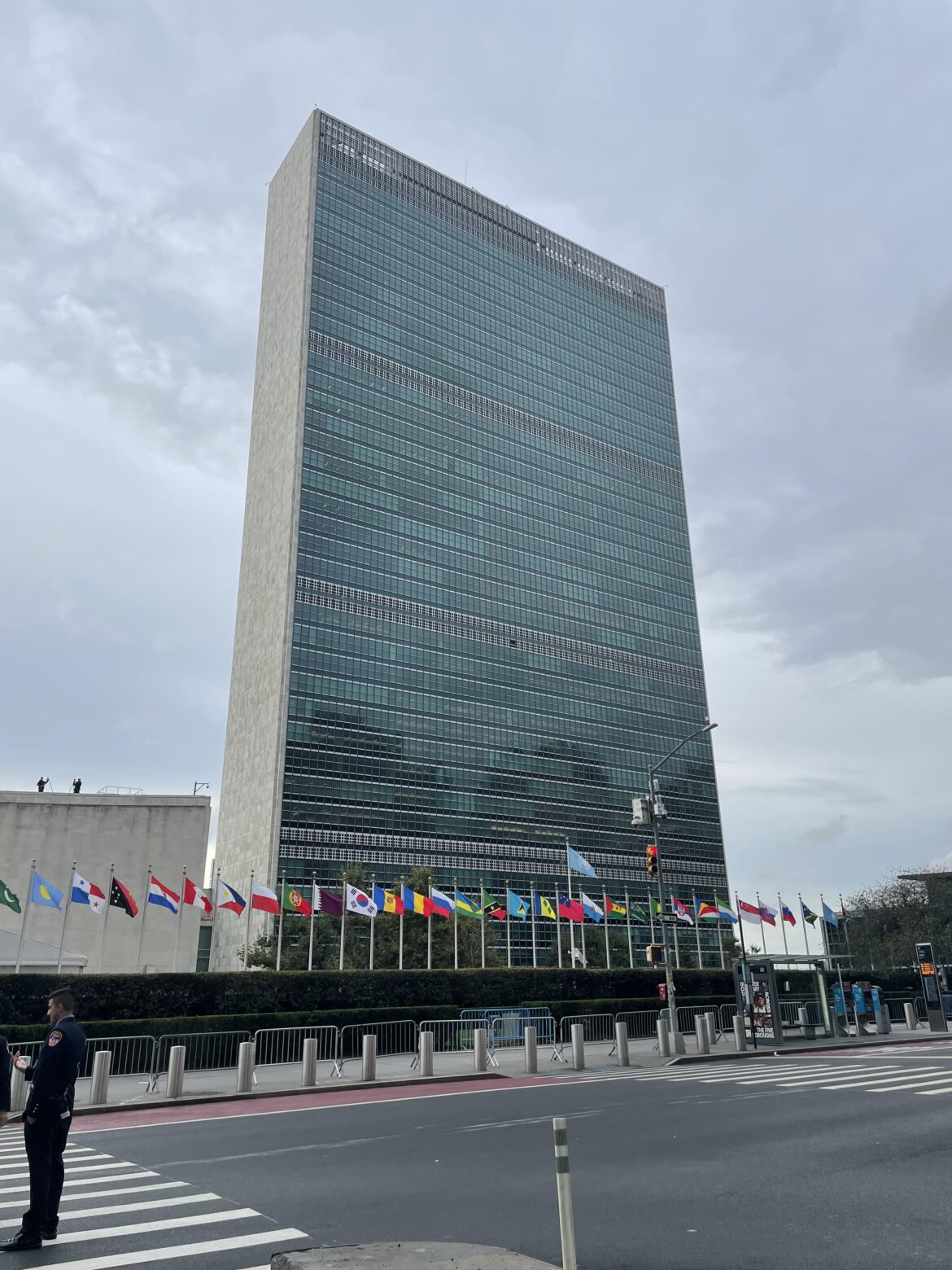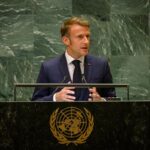As the United Nations commemorates its 80th anniversary, its dual nature becomes increasingly apparent. Established in 1945 following two devastating global conflicts, the organization was conceived as a safeguard against war, with its founders in San Francisco pledging to “save succeeding generations from the scourge of war.”
Eight decades later, the United Nations remains a vital yet imperfect institution – celebrated for its accomplishments but also subject to criticism regarding its limitations. The pertinent question is whether it can evolve amidst a multipolar world, or face obsolescence.
A Record of Success
The United Nations has achieved significant and enduring successes. Its peacekeeping operations, despite imperfections, have contributed to stabilizing nations from Cambodia to Sierra Leone. By supporting decolonization efforts, the United Nations facilitated the emergence of new sovereign states and reinforced fundamental principles of sovereignty and self-determination. Its specialized agencies have profoundly impacted global life, eradicating smallpox, providing food to millions, advocating for women’s rights, and more recently, coordinating the worldwide response to COVID-19. For smaller nations, the United Nations remains an invaluable platform for engaging with major powers on equal terms.
Furthermore, the organization has established a legal and moral framework for international cooperation. Instruments such as the Universal Declaration of Human Rights, the Refugee Convention, and the Paris Climate Agreement demonstrate its influence in shaping global norms and priorities. Although enforcement mechanisms are limited, the United Nations’ role in setting international standards remains substantial.
Nevertheless, these achievements conceal significant flaws. The most urgent concern pertains to the dysfunction within the Security Council. Originally designed to preserve peace following conflicts, it comprises five permanent members – the United States, Russia, China, France, and the United Kingdom – yet rivalries among these states now hinder its effectiveness. On issues spanning from Ukraine to Gaza, and from Syria to Myanmar, vetoes have obstructed even minor interventions.
The Council’s antiquated structure remains a primary concern. Prominent emerging nations such as India, Brazil, South Africa, and Nigeria have yet to attain permanent membership, despite their substantial global influence. Africa, home to numerous peacekeeping missions and approximately 1.4 billion people, still lacks a permanent voice within the Council. This disparity undermines the organization’s legitimacy and perpetuates the perception that it is mired in 20th-century geopolitical dynamics.
Beyond the Security Council, the United Nations’ expansive bureaucracy often hampers efficiency. Overlapping agencies, protracted procedures, and fragmented mandates lead to resource wastage and delayed crisis responses. Funding challenges exacerbate these issues, as wealthier nations exert greater influence through their contributions, while the most conflict-affected and climate-vulnerable countries are often excluded from decision-making processes.
Reform efforts have been longstanding, yet the urgency has now reached unprecedented levels. The G4 nations – India, Brazil, Germany, and Japan – persist in advocating for permanent Security Council seats, asserting this responsibility falls upon them. Additionally, the African Union seeks two seats, while Latin American representation remains insufficient.
Secretary-General António Guterres has introduced initiatives such as ‘Our Common Agenda’ aimed at reforming global governance, enhancing financial institutions, and addressing emerging challenges such as cyber threats, artificial intelligence, and climate change. While some permanent members, including the United States and France, are receptive to expanding the Security Council, consensus on specific modalities – including new seats, veto powers, and procedural mechanisms – remains elusive.
However, reform of the Security Council constitutes only part of the solution. It is equally vital to streamline the United Nations’ bureaucratic processes, empower field offices, and eliminate redundant initiatives. Reforming financial frameworks to reduce undue influence would promote equitable decision-making. Additionally, strengthening the role of the General Assembly, particularly on pressing global issues such as climate change and digital regulation, could foster a more balanced distribution of authority.
An equally critical initiative involves limiting veto power in cases of mass atrocities. Proposals to restrict veto use during genocide or crimes against humanity could mitigate paralysis during crises. The United Nations must also prioritize the provision of global public goods, such as equitable vaccine distribution and climate resilience enhancements, where collective international effort is essential.
Reform or Irrelevance
The United Nations cannot afford complacency. Without substantive reforms, it risks devolving into a mere speech platform, overshadowed by regional coalitions or transient alliances – akin to the fate of the League of Nations. Nevertheless, there exists an opportunity to revitalize the organization. A more robust, inclusive, and agile United Nations is conceivable, notwithstanding resistance from powerful states keen on preserving their privileges.
Historical precedent demonstrates that institutions either evolve or face extinction. For humanity, the United Nations remains the most promising instrument for maintaining a just, rules-based global order. Protecting its legacy demands more than nostalgia. It necessitates explicit, resolute action. Only by adapting to the realities of 2025 and beyond can we uphold the commitments made at San Francisco eighty years ago.
Disclaimer: The opinions and views expressed in this article/column are those of the author(s) and do not necessarily reflect the views or positions of South Asian Herald.






